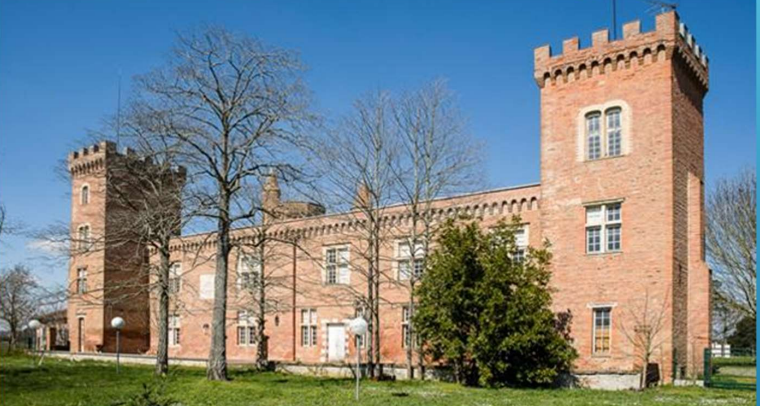Castelnouvel school

Founded in 1969, Castelnouvel welcomes, cares for and educates young people whose epilepsy interferes with their development and learning. Despite the law ensuring that pupils with disability are suposed to stay in local schools, Castelnouvel remains an indispensable alternative for a number of children and teenagers:
- Those whose severe epilepsy makes schooling difficult and requires the proximity of a medical technical platform
- Those suffering from massive and early cognitive disorders, as part of neurological syndromes, or neurodevelopmental disorders and/or autistic spectrum disorders.
- Those whose epilepsy is less active, but who experience difficulties that are combined with or induced by :
o Psychological disorders of various kinds, resulting in painful experiences, often a feeling of isolation and sometimes behavioural problems.
o Complex cognitive disorders, requiring the support of therapists specialised in these areas and structured educational approaches
o A troubled socio-family environment. In that case, our specialised boarding school is a useful tool to access autonomy and serenity for the student
The objectives are balancing the illness, optimising school learning, acquiring and developing everyday and social skills, and improving psychological well-being. This approach is possible thanks to the close collaboration between the medical, educational and teaching sectors in the support of the young person in question.
SCHOOL:
Two entities are identified, with particular reference to age groups and common law: the Teaching Unit and the Vocational High School. The Teaching Unit is aimed exclusively at young people from the MECS (thus with epilepsy), while the Vocational High School is also open to local young people with special educational needs.
- The teaching unit:
Ranges from 6 to over 16 years of age. It includes academic classes and educational classes. These educational classes take three forms:
o For young children, cognitive work prior to school enrolment
o For the majority, timetables are shared between academic and educational activities.
o For teenagers who are unable to enrol in vocational training, even if adapted, educational classes predominate.
- The vocational high school:
o Year 10 ‘Prépa Métiers’, which prepares pupils for vocational training, helps them to define their career plans by offering vocational discovery sessions in the high school workshops and by organising three work placements.
o Qualifying courses: 4 vocational diplomas in 3 years: Catering Agent, Metalworker, Horticulture, Multi-skilled sales assistant

